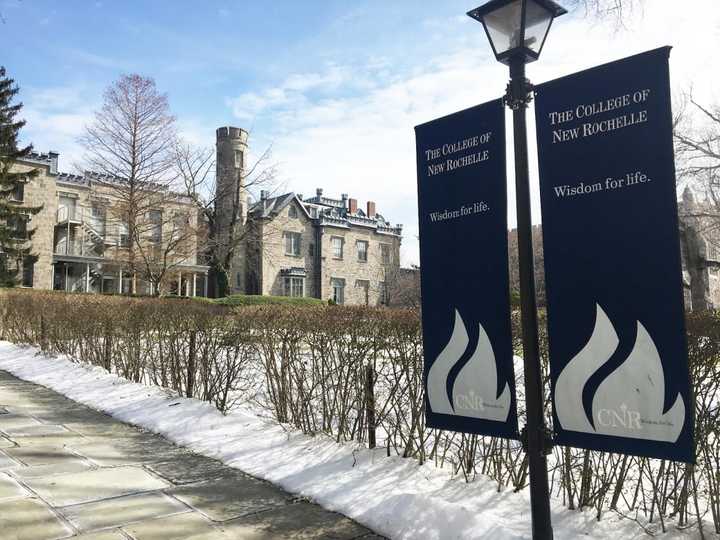Amid a three-year financial crisis, CNR and Mercy announced on Tuesday that they’ve entered into an Agreement of Mutual Cooperation that will “ensure a seamless transition for CNR students to continue their education at Mercy.”
According to Mercy College, the agreement allows CNR students in good standing the opportunity to transfer to Mercy College, as CNR’s designated preferred institution for almost all academic disciplines offered by CNR. The agreement also offers an improved financial arrangement, as most CNR students will see the same or lower tuition and will not lose credits or time toward graduation.
On its website, CNR President William Latimer and interim Board of Trustees Chair Marlene Tutera said the two schools have comparable academic programs and campus locations, an excellent reputation, and very substantial financial health.
“Often when a college closes, its students are forced to find their own path forward in their education, frequently losing credit for courses they have taken, finding themselves in a new environment with new faculty, and extending the time it takes to earn their degree. We were determined not to allow that to happen for our students.”
An exact date for CNR’s closure has not been made, but in finalizing the agreement, the Board of Trustees definitively decided that they will cease operations at the end of the summer semester at the latest.
“While this is not the outcome we had hoped for regarding the future of CNR, we can take solace in the fact that this is not a reflection of the quality academics that CNR offers nor the impact this College has had on so many communities and for so many individuals for the past 115 years,” they wrote.
In 2016, CNR’s Board of Trustees was alerted about “significant unmet financial obligations that had accrued over a period of time.” The Board subsequently launched an investigation and enlisted the help of officials to restructure and manage CNR’s finances. A forensic accountant and outside legal counsel were also hired to perform the investigation.
The investigation ultimately found that CNR hadn’t paid upwards of $20 million in payroll taxes dating back to 2014. It determined that the college’s controller failed to file the required tax returns and to pay the taxes due. It also revealed that senior management did not provide accurate information to the Board about the college’s finances. The investigation also revealed other significant debts, liabilities and depletion of assets - including the unrestricted endowment - that total more than $11 million.
“More than providing them a new educational home, the agreement has been carefully considered and implemented over many months to go above and beyond to create a seamless pathway for CNR students to join the Mercy College community with minimal disruption to their academic careers,” Mercy College President Timothy Hall said. “Our recent academic growth and strong financial profile make this rare opportunity possible and, the long-term impact will be a stronger Mercy College.”
CNR took extreme measures following the discovery of the misappropriated money, launching several fundraisers and soliciting donations for alumni. They raised millions of dollars, but the debt ultimately piled up, leading to Friday’s announcement. They sold off assets at a real estate auction and sought to secure a partnership to help the institution stay afloat.
“Despite our successes, the financial status of the College underscored the necessity to identify an institution that would provide a safe haven for students first and foremost while also doing our best to protect faculty and staff and CNR’s Ursuline legacy,” Latimer added. “We are blessed that our work with Mercy College provides the basis to accomplish each of these aims.”
Click here to follow Daily Voice Brookfield and receive free news updates.

